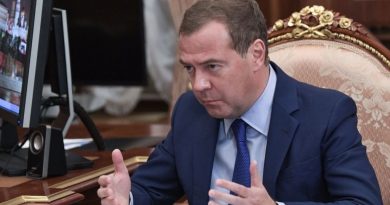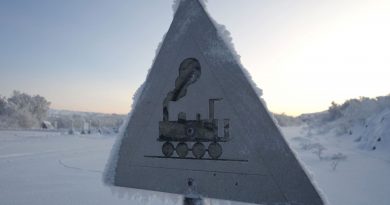Ottawa’s new Arctic framework has lofty goals but few details, critics say
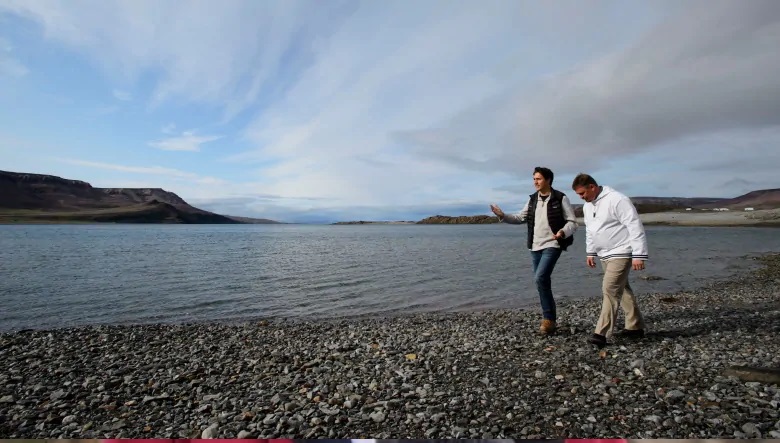
The federal government’s new Arctic strategy promises sweeping changes and an ambitious goal of closing several key gaps between people living in Canada’s North and the rest of the country — but it’s short on details of how it will do that.
The Arctic and Northern Policy Framework sets out in broad strokes how the federal government plans a “profound change of direction” with its relationship to the North.
First promised by the Trudeau government shortly after the last federal election, the framework was released on Tuesday, just a day before the fall election campaign was set to begin.
The framework lists health, infrastructure and economic development at the top, with calls to end poverty, eradicate hunger and eliminate homelessness — chronic issues in many northern communities.
Rob Huebert, a political science professor at the University of Calgary who specializes in the Arctic, says the plan offers nothing new, and he questions the timing of its release, so close to the election campaign.
“You can go through the Harper Arctic policies, the Martin Arctic policy, the Mulroney Arctic policies and basically [the Trudeau policy is] saying nothing new,” Huebert said of former prime ministers and their approach to Canada’s North.
The federal government has long been aware of the issues laid out in the framework, such as the need for a healthy ecosystem, economic prosperity and the health of northerners, he said.
“All that’s been stated before,” he said. “What’s not being stated here is any idea of how the government is going to address these well-known issues.”
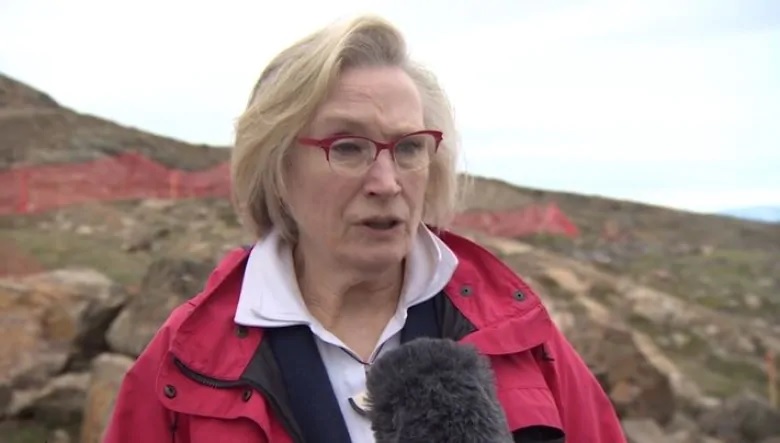
Huebert says he expected the framework would look more like the federal government’s defence policy, released in 2017, which includes clear commitments accompanied by spending promises.
Instead, he says, this framework suggests the government doesn’t have a clear plan for balancing its goals of environmental protection in the North with eliminating poverty and related social issues.
“I was hoping to see some type of discussion about what that means,” he said. “How do you actually do that? That’s what I was hoping to see.”
A ‘road map’ to guide policy
Crown-Indigenous Relations Minister Carolyn Bennett calls the framework a “road map” that will guide how the federal government considers spending programs in the North.
“You begin with the policy and then you work toward implementation,” Bennett said in an interview with CBC News. “It’s a matter of us now, as we move through each budget cycle of each government, having a road map for closing these gaps.”
It’s uncertain whether that will actually happen though, as next month’s election could usher in a new government with different ideas.
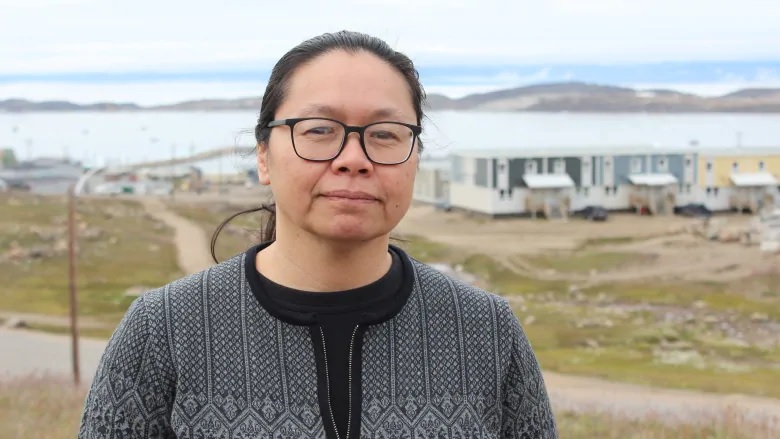
Iqaluit Mayor Madeleine Redfern is cautiously optimistic about how effective the framework will be, with much of the “hard work” still to come in developing specific spending programs.
She previously criticized the time it’s taken to develop the framework, but now that it’s out she’s happy it acknowledges the importance of including local, territorial and Indigenous governments in making decisions about the North.
“The framework speaks to the fact that we need to be more collaborative, more strategic. It’s not a strategy per se, other than to say we need to actually be working together,” she said.
Though this acknowledgement alone won’t immediately change things, it is “needed and necessary” to make the wholesale changes required in the North, Redfern said.
“There’s been a lot of historical inefficiencies within government programs at all levels that have sometimes worked in conflict or contradict each other,” she said.
Now, the real question is whether this framework leads to more detailed proposals, Redfern said.
“There’s a lot of really good stated goals in the framework. The hard work now is for us to begin to develop those strategies and see significant changes and improvements in our communities.”
Related stories from around the North:
Canada: Justin Trudeau, Mike Pompeo discussed Arctic cooperation during meeting, Radio Canada International
Finland: Russia to introduce free visas for some travellers from Finland, The Independent Barents Observer
Norway: Political earthquake shakes up Northern Norway, The Independent Barents Observer
Russia: Moscow’s new energy doctrine warns against green shift, The Independent Barents Observer
Sweden: Local councils more interested in climate change preparedness, Radio Sweden
United States: Why are the US lagging behind in the Arctic? Clues emerge at Washington hearing, Alaska Public Media


